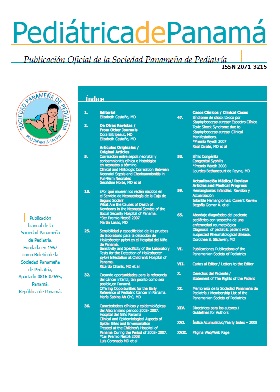For the environment. Let's take action now
Authors
DOI:
https://doi.org/10.37980/im.journal.rspp.20211748Keywords:
ozone layer, climate change, greenhouse gas, metered dose inhaler, propellantsAbstract
The climate crisis is a massive threat to human health. The evidence that climate change is happening, driven by human activities which increase atmospheric greenhouse gases, is overwhelming. Pressurized metered-dose inhalers used chlorofluorocarbons propellants. Chlorofluorocarbons propellants were banned because of their big impact on the ozone layer depletion. The Montreal Protocol, introduced to protect the ozone layer, saw a planned phase-out of chlorofluorocarbons, replacing them with the hydrofluorocarbons now used in metered-dose inhalers used. While hydrofluorocarbons are not ozone depleting, they are potent greenhouse gases and have global warming potential many times that of carbon dioxide. The healthcare sector is a significant contributor to greenhouse gases emissions globally. Increases in global temperature are already having a significant impact on our climate. Combating climate change has been described as ‘the greatest public health opportunity of the 21st century. To reduce the climate change impact of inhalers, several options are available including inhaler recycling, the use of alternatives devices, reduce the propellant quantity per dose or use a different propellant with a lower global warming potential. Healthcare professionals have a duty to protect and promote the health of patients and take actions to minimize the worst effects of climate change. Every effort must be made to minimize greenhouse gases release if we are to protect current and future generations.
Downloads
Published
Issue
Section
License
Copyright (c) 2021 Infomedic InternationalDerechos autoriales y de reproducibilidad. La Revista Pediátrica de Panamá es un ente académico, sin fines de lucro, que forma parte de la Sociedad Panameña de Pediatría. Sus publicaciones son de tipo gratuito, para uso individual y académico. El autor, al publicar en la Revista otorga sus derechos permanente para que su contenido sea editado por la Sociedad y distribuido Infomedic International bajo la Licencia de uso de distribución. Las polítcas de distribución dependerán del tipo de envío seleccionado por el autor.






